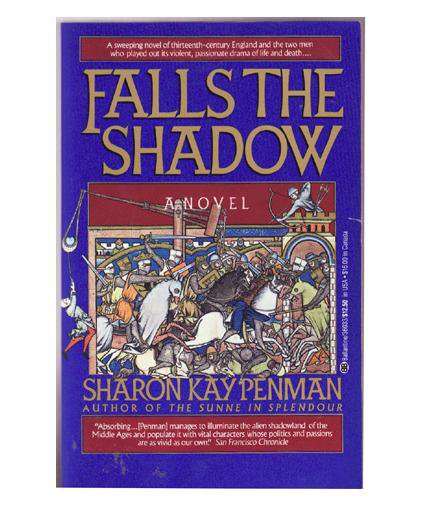

This was, sadly, often to the detriment of the plot. Because about twenty years had passed in the story, the orignal characters’ children became players in their own right and greatly increased the book’s cast, leaving less and less space for each one to assert his/her own point of view, as Penman switches from perspective to perspective, finding it necessary to cover virtually everyone at one point or another, pointing out their strengths or flaws and what they felt about siblings or spouses. The problems started about halfway through. So it was a great start and I raced through the first half. The first half of the story progressed at a good pace, where historical facts and figures were explained in a clear fashion that didn’t leave me confused as to who did what and, even better, in an age where everyone seemed to have the same name, Penman gives them all nicknames based on their actual names so I wasn’t left wondering, ‘which of the five Eleanors are we talking about now?’. It started out that way, with beautifully written character studies and the historical facts laid out clearly, without resorting to one person reciting facts to another (that the second person should have already known to begin with, making said person look entirely stupid. As I am an incurable Anglophile and history nut, historical fiction appeals to me at pretty much every level, and as I’ve heard nothing but good things about Sharon Kay Penman’s writing, I thought this would be a match made in book heaven. I was honestly excited to start this book. Above all, this is a story of conflict and treachery, of human frailty and broken legends, a tale of pageantry and grandeur that is as unforgettable as it is real….


It is a saga of two opposing wills that would later clash in a storm of violence and betrayal, a story straight from the pages of history that brings the world of the thirteenth century completely, provocatively, and magnificently alive. From Goodreads: This is Simon de Montfort’s story-and the story of King Henry III, as weak and changeable as Montfort was brash and unbending.


 0 kommentar(er)
0 kommentar(er)
